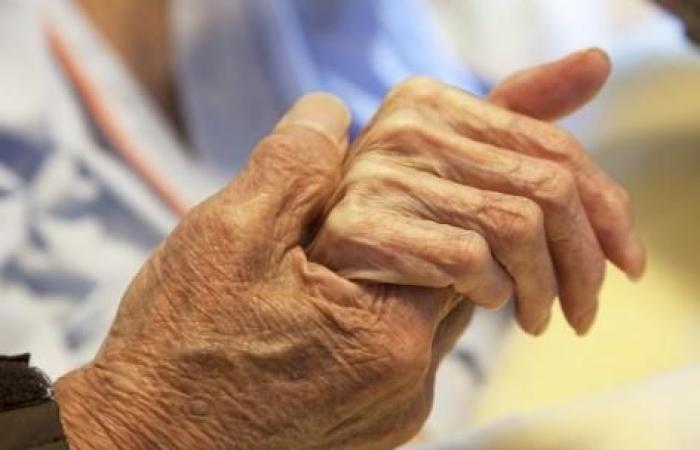THE ESSENTIAL
- Terminal lucidity is a boost in energy for patients at the end of life, a few days or hours before their death.
- This phenomenon can affect both motor and cognitive functions.
- For the moment, there is no scientific consensus to explain this phenomenon.
It’s a difficult phenomenon to understand, but it affects one in three people, according to Julie McFadden, a palliative care nurse in California, USA. In a YouTube video, she explains what terminal lucidity is.
Terminal lucidity: a boost before death
During the days or hours before death, some patients have increased energy and seem to feel better. This phenomenon can affect both motor and cognitive functions. But this does not mean that the person is recovering, quite the contrary.
This is terminal lucidity, also called “the surge” or “the rally” in English and respectively translated, in French, as “the push” or “the rally”. This phenomenon remains unexplained for the moment by the science. But it exists.
“A 2008 study describes a resurgence of consciousness in people with advanced dementia, explains Dr. Elise Perceau-Chambard, head of department at the Palliative Care Unit of the Lyon Hospital, at Women’s Journal. In total, 83 cases have been described over 250 years. The studies are difficult to carry out, the patients are vulnerable, fragile, with poor health. We encounter ethical obstacles.”
Gamma waves could be linked to this phenomenon. In fact, last year, a study showed that the brains of people near death were deprived of oxygen, which could increase the activity of gamma waves, which are normally present when the brain is in active wakefulness or meditation. But here again, no scientific certainty.
Appreciate this moment, without forgetting that the person is at the end of life
“The hardest part is to appreciate [ce moment] while it is happening and knowing [que la personne] will probably die soon after”, underlines Julie McFadden. She explains that during the period of terminal lucidity, patients may engage in hopeful behaviors, such as asking for their favorite food.
“Try to stay in the moment with your loved one who is having a great dayinsists the nurse. Consider it a true blessing, almost like a gift your loved one gives you.”
Julie McFadden says she herself experienced this phenomenon with her grandmother. Aged 91, she slept most of the time and refused to eat or drink. Until the day she was “feeling better”: the nurse’s family found her sitting, putting on her shoes. She even managed to eat. “This is the perfect example of the phenomenon of terminal lucidity”, explains Julie McFadden. In fact, his grandmother died the day after this revival of life.






